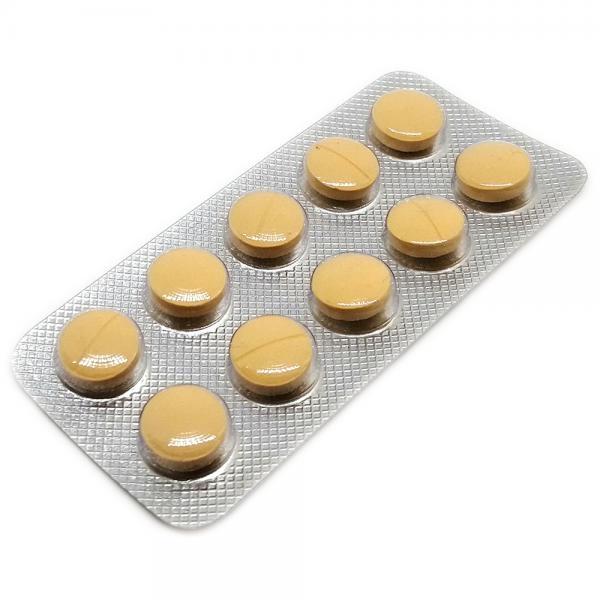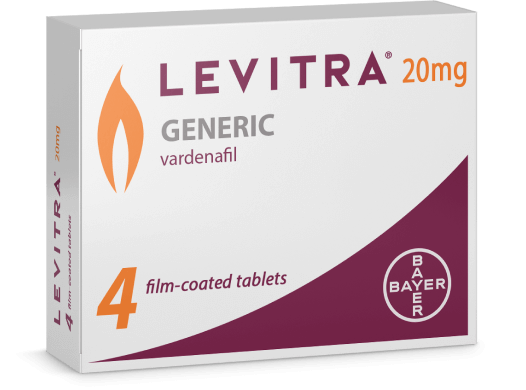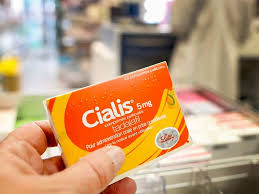
Understanding Rybelsus: The Oral GLP-1 Agonist for Diabetes Management
Diabetes is a chronic condition affecting millions of people worldwide, leading to severe health complications if not managed effectively. In recent years, Rybelsus has emerged as a groundbreaking treatment option for those with type 2 diabetes. This article explores the unique aspects of Rybelsus, how it works, its benefits, and important considerations for patients. For those looking to learn more about Rybelsus, consider visiting this Rybelsus rybelsus resource.
What is Rybelsus?
Rybelsus (semaglutide) is an oral medication that belongs to the class of drugs known as GLP-1 receptor agonists. Approved by the FDA in September 2019, Rybelsus is designed to help adults with type 2 diabetes manage their blood sugar levels effectively. Unlike traditional GLP-1 agonists, which are administered via injection, Rybelsus offers the convenience of an oral formulation, making it a more accessible option for many patients.
How Does Rybelsus Work?
The active ingredient in Rybelsus, semaglutide, mimics the action of the glucagon-like peptide-1 (GLP-1) hormone, which plays a significant role in glucose metabolism. When you consume food, GLP-1 is released in the gut, promoting insulin secretion from the pancreas while simultaneously inhibiting glucagon release, thus reducing glucose production in the liver. This dual action helps to lower blood sugar levels effectively.
Additionally, Rybelsus slows gastric emptying, which aids in reducing postprandial blood sugar spikes. By enhancing satiety and reducing appetite, it also contributes to weight management—a significant concern for many individuals with type 2 diabetes.
Benefits of Rybelsus

There are several advantages to using Rybelsus for diabetes management:
- Oral Administration: Rybelsus is the first oral GLP-1 receptor agonist, allowing patients who may be averse to injections to manage their condition more comfortably.
- Weight Loss: Many patients experience weight loss while using Rybelsus, contributing to overall improvements in their diabetes management.
- Cardiovascular Benefits: Clinical studies have indicated that Rybelsus may reduce the risk of major cardiovascular events such as heart attack and stroke in patients with type 2 diabetes and established cardiovascular disease.
- Once-Daily Dosing: Patients take Rybelsus once daily, which simplifies the medication regimen compared to other diabetes medications that may require multiple doses.
Dosage and Administration
The recommended starting dose of Rybelsus is 3 mg once daily for 30 days. This initial phase allows the body to adjust to the medication. After this period, the dose should be increased to 7 mg once daily. Depending on individual blood sugar response, the dose may further be escalated to a maximum of 14 mg daily.

Rybelsus should be taken on an empty stomach, at least 30 minutes before eating or drinking, with a small amount of water (approximately 120 mL). Patients should avoid consuming food or drinks for at least 30 minutes after taking the medication to ensure optimal absorption.
Potential Side Effects
As with any medication, Rybelsus may cause side effects. Some common side effects include:
- Nausea
- Diarrhea
- Vomiting
- Abdominal pain
These symptoms are usually mild to moderate and may decrease over time as the body adjusts to the medication. However, serious side effects can occur, such as:
- Pancreatitis
- Kidney problems
- Allergic reactions
Patients should be aware of these potential side effects and discuss any concerns with their healthcare provider. Regular follow-ups are crucial to monitor the patient’s response to the medication and modify treatment if necessary.
Who Should Not Take Rybelsus?
Rybelsus is not suitable for everyone. Individuals with a personal or family history of medullary thyroid carcinoma or multiple endocrine neoplasia syndrome type 2 should not use Rybelsus due to an increased risk of thyroid tumors. Additionally, Rybelsus should not be used in patients with a history of severe allergic reactions to semaglutide or any of the components in the medication.
Before starting treatment, patients should discuss their medical history and any other medications they are taking with their healthcare provider to avoid potential interactions and contraindications.
Patient Support and Education
Understanding diabetes management and the role of medications like Rybelsus is crucial for patients. Education about proper medication adherence, dietary considerations, and lifestyle modifications should be integral components of diabetes self-management. Patients may benefit from support programs or resources that provide guidance on nutrition, physical activity, and coping strategies for living with diabetes.
Conclusion
Rybelsus represents a significant advancement in the treatment of type 2 diabetes, offering patients an innovative, effective, and convenient option for managing their condition. Its unique mechanism of action, oral administration, and positive impact on weight and cardiovascular health make it a valuable choice for many. As with any treatment, individual responses may vary, and it is essential for patients to work closely with their healthcare providers to optimize their diabetes management plan. Through open communication and ongoing support, individuals with diabetes can lead healthier and more fulfilling lives.



